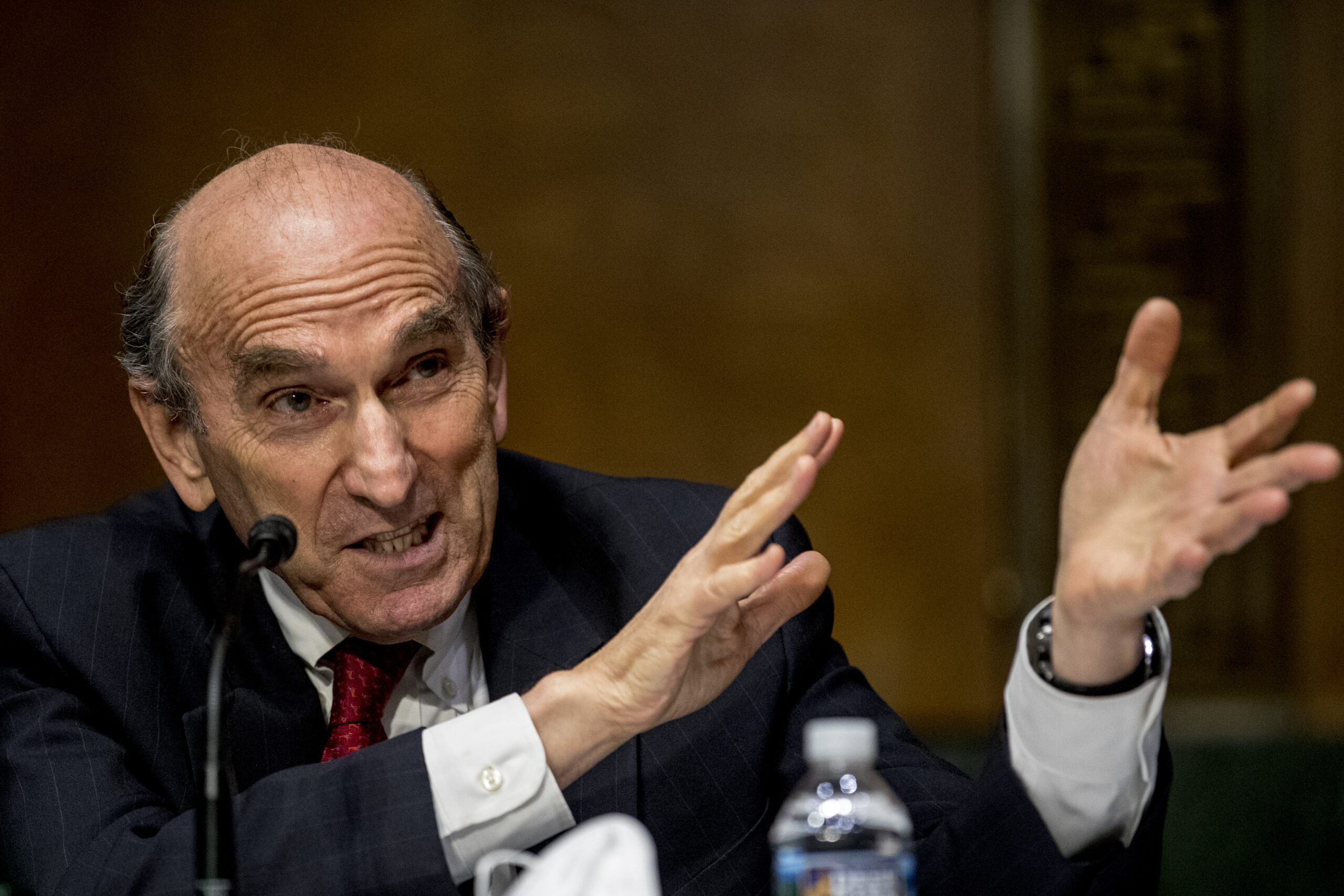Google Translate available in: Español
On August 26, the Washington Post published my column highlighting a persistent gap between U.S. policy and the demands of Venezuela’s democratic opposition: the fact that the White House has rejected trading sanctions relief for anything other than Maduro’s resignation.
One year ago, Maduro was on the ropes. The regime had been forced to the negotiating table, where democratic opposition reportedly succeeded in getting, at least in principle, an offer of new presidential elections in exchange for prior sanctions relief. There was one problem: the Trump administration didn’t back the deal. The U.S. government has explicitly (see the State Department’s Democratic Transition Framework and Treasury FAQs) rejected lifting economic sanctions against Venezuela unless there is a new executive authority in place.
As I write in the Post, this places the U.S. government at odds with a consensus among Venezuelan democrats. On August 2, a diverse coalition of 26 opposition parties issued a list of conditions in order for elections in Venezuela to be considered free and fair. These included international and domestic observation, a review of the electoral registry, an independent electoral authority, and allowing all opposition parties and leaders to present candidates. Maduro’s resignation did not make the list.
For now, this debate is hypothetical. The opposition is in a much weaker position than in 2019, and has claimed that last year’s negotiations are “finalized.” Publicly, Maduro never confirmed the alleged offer, and since then has given no sign that he would return to it. Still, it is important to press the U.S. government to see whether the same red lines that handicapped talks last year remain.
If the Maduro regime were eventually coaxed to the negotiating table, could the White House agree to lift some sanctions ahead of new presidential elections? While officially the U.S. position remains unchanged, there have been some recent signs that suggest there may be some new flexibility. On August 14 the U.S. government led a statement signed by 30 other countries that supported the U.S. Transition Framework. The fact that this statement was signed by just 30 countries out of the roughly 60 who recognize Juan Guaidó as interim president (most EU and International Contact Group countries did not sign on) is a telling indicator of flagging international support for the U.S. strategy. But perhaps even more significant was this line:
“We reiterate the willingness of all countries maintaining economic sanctions to discuss the easing of sanctions in the context of political progress.”
Because the United States is the only country so far to issue broad economic sanctions, this could suggest that the U.S. government has shifted its position, and is open to discussing sanctions relief before Maduro’s ouster. Unless this is confirmed and stated publicly by U.S. officials, however, the question will remain: is the U.S. government open to lifting financial and oil sanctions in exchange for certifiable free and fair presidential elections, even if Maduro remains in Miraflores while they are held?




